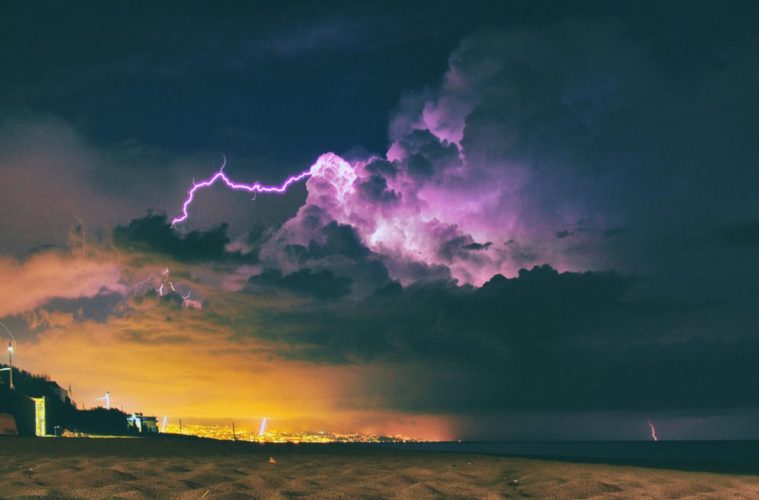You may have heard the term “bomb cyclone” slamming the California coast right now, but what does it actually mean? To put it simply, a bomb cyclone is an intense, low-pressure storm system that forms over the ocean and can produce powerful winds and intense snowfall. Let’s take a closer look at this phenomenon and find out why it’s called a “bomb cyclone.”
What Causes a Bomb Cyclone?
A bomb cyclone is typically formed when two different air masses meet over the ocean—a cold, dry mass from the north and a warm, moist mass from the south. This collision of air masses creates an area of low pressure that rapidly intensifies due to the differences in temperature. As this low-pressure system develops further, winds increase and can reach speeds up to 70 mph or more in extreme cases.
Where Do They Occur?
Bomb cyclones are most common along coastlines—especially those located near large bodies of water such as oceans or seas. This makes them especially dangerous for coastal areas, as they can cause flooding due to storm surge and high winds that can damage buildings and other structures. Additionally, these storms often bring heavy snowfall that can cause power outages and make roads hazardous for travel. These storms can occur at any time of year but are more common during winter months.
Here is some footage compiled by Surfline of errant waves and damage caused by the current storm:
View this post on Instagram
How Do You Prepare for a Bomb Cyclone?
When a bomb cyclone is forecasted, it is important to take steps to prepare. The best way to be prepared for a bomb cyclone is to stay informed and know what the weather forecasts are predicting. Keeping an eye on local news or weather reports can help you stay up-to-date on storm warnings and advisories.
Bomb cyclones are powerful storms that form over the ocean due to differences in air masses colliding with one another. These storms often bring strong winds, heavy precipitation, and flooding to coastal areas that can be dangerous for people living in those regions. So remember: if you hear about a bomb cyclone heading your way, take extra precautions to stay safe!
Advertising disclosure: We may receive compensation for some of the links in our stories. Thank you for supporting LA Weekly and our advertisers.

